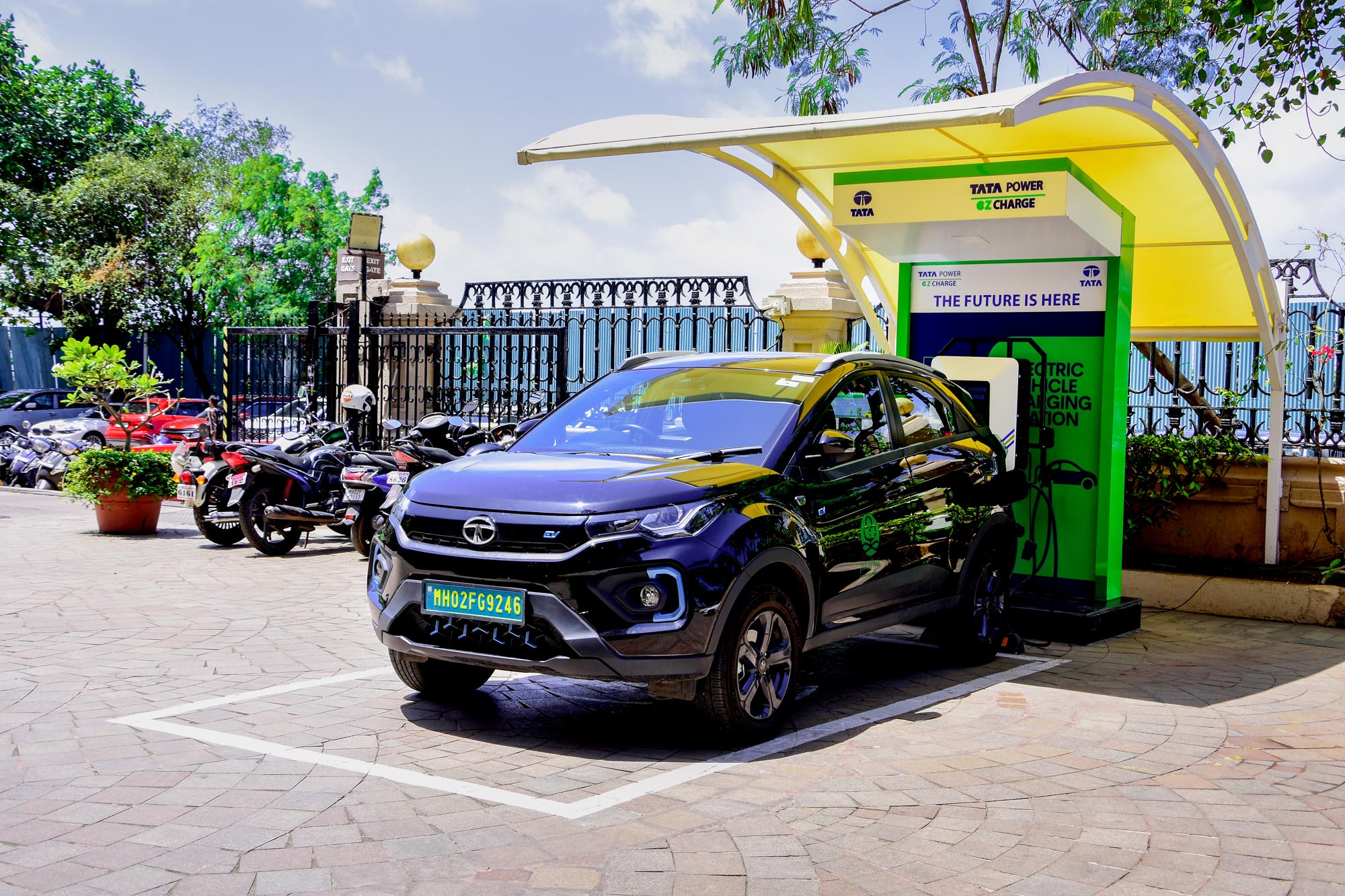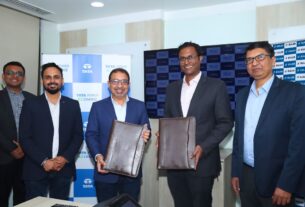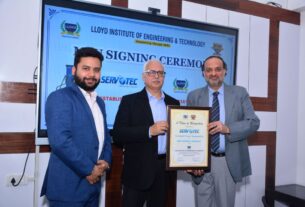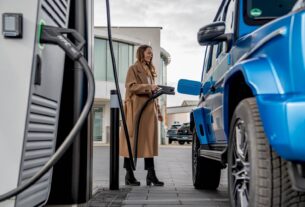
Deepesh Nanda, President – Renewables, CEO & MD, Tata Power Renewable Energy Limited
In the rapidly evolving landscape of electric vehicles (EVs) and sustainable mobility solutions, Tata Power EV Charging Solutions Limited (TPEVCSL) emerges as a pioneering force, driving the transition towards a greener future. With a robust infrastructure comprising over 5,300 charging points strategically positioned across the nation, coupled with innovative initiatives and strategic partnerships, TPEVCSL is at the forefront of catalyzing the EV revolution in India. In an exclusive interview with Deepesh Nanda, President – Renewables, CEO & MD of TPREL, Raghul Sivaguru delves into the company’s initiatives, challenges, and future prospects in the dynamic realm of e-mobility.
How many EV chargers has Tata Power installed across the country? Could you also share a region-wise split-up?
Tata Power EV Charging Solutions Limited (TPEVCSL) stands at the forefront of catalyzing the electric vehicle (EV) revolution in India, showcasing a robust charging infrastructure strategically positioned across the nation. With an impressive footprint of over 5,300+ charging points, TPEVCSL is leading the charge towards sustainable mobility. Our commitment extends across various segments, including Public, Semi-Public, and Fleet Usage Scenarios, comprehensively catering to the evolving needs of the market. Moreover, Tata Power Electric Vehicle Charging Solutions Limited (TPEVCSL) is actively shaping the landscape of home charging solutions. Through strategic partnerships with leading OEMs, we have facilitated the installation of more than 80,000 home charging units, empowering individuals to embrace the convenience and eco-friendliness of EV ownership. Tata Power has established dedicated bus depots in key urban centers such as Mumbai, Delhi, Jammu & Kashmir, and Bangalore. These depots boast a collective total of over 850 high-capacity bus charging points, underscoring our commitment to facilitating the transition towards cleaner public transportation solutions.
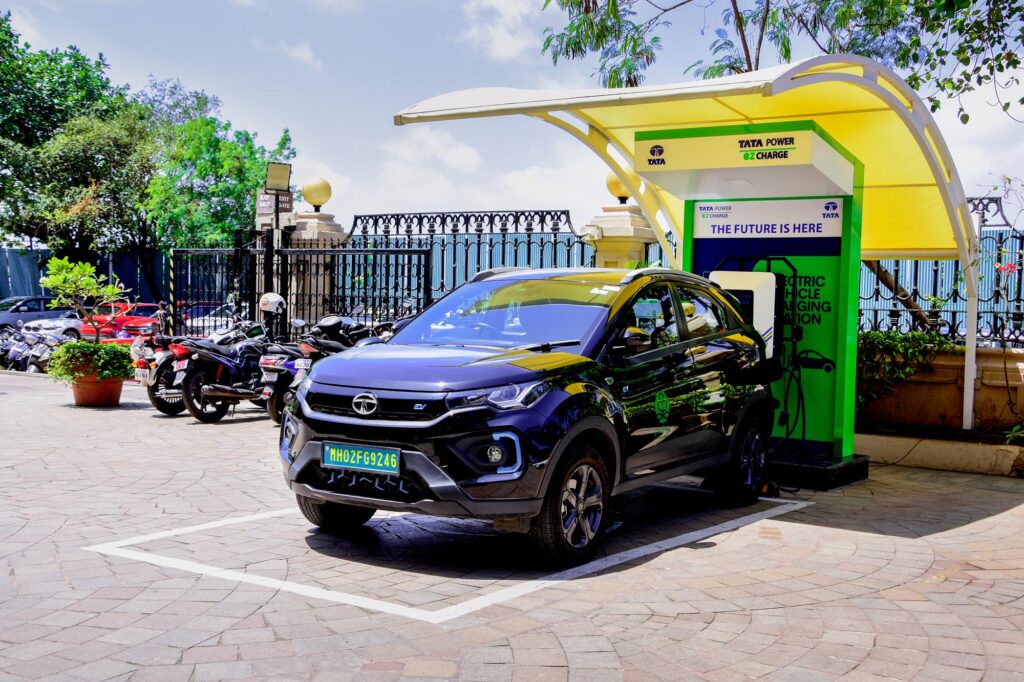
The expansive energized charging-point network spans 490+ cities and towns, reflecting TPEVCSL’s comprehensive reach. The strategic deployment aligns with the evolving EV sales trends within the respective states, as well as forecasts and projections of car sales by various OEMs. For example, our network boasts the highest concentration of chargers in Maharashtra, a reflection of the state’s pre-eminent position in nationwide car sales. This strategic distribution reaffirms our steadfast commitment to meeting the dynamic demands of the market while facilitating the seamless assimilation of EVs into the automotive landscape.
With Tata Motors leading the EV 4W Segment, how is the awareness and response to the Tata Power’s EZ Charge RFID Card among customers? How strong is your presence in the EV 2W, EV 3W, and electric bus chargers segments?
Tata Power’s EZ Charge RFID Card has been well-received among customers, offering a convenient and innovative solution for EV charging. This user-friendly card, introduced by Tata Power, enables customers to effortlessly initiate or terminate charging sessions by simply tapping the RFID card on the charger, thereby streamlining the charging process.
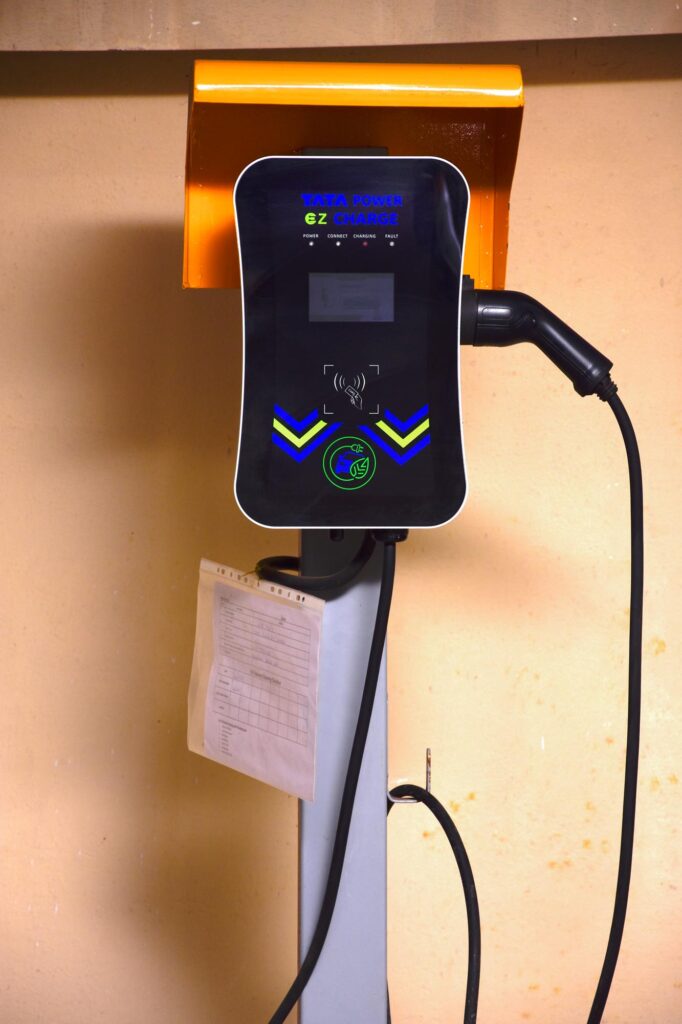
As a prominent player in the public charging segment, Tata Power diligently caters to the diverse needs of users. Our extensive deployment of over 5,300+ chargers, with more than 75% dedicated to 4-wheelers, underscores our commitment to facilitating convenient and accessible charging solutions. Additionally, a portion of our chargers caters to the requirements of 2-wheelers, albeit the current market for 2W and 3W batteries lacks standardization, with many users opting for home charging solutions.
In the realm of bus charging infrastructure, Tata Power has made significant strides, with over 850+ charging points strategically deployed across key locations such as Mumbai, Delhi, Bangalore, Ahmedabad, Jammu & Kashmir, and others. This effort reflects our dedication to supporting the electrification of transportation and fostering sustainable mobility solutions.
According to you, what are the two main challenges and top two opportunities in the EV/e-mobility space in India? Also do give suitable solutions for the challenges.
In the nascent EV industry, Charging Point Operators (CPOs) face challenges in ensuring fast and reliable networks, notably acquiring power at highway locations. Dependency on state DISCOMs complicates power procurement, particularly in remote areas. Collaborative efforts with key stakeholders are enabling streamlining procedures and reducing complexities in getting power connections. Furthermore, there is a need for awareness regarding the presence and usage of chargers. Many customers are unfamiliar with utilizing unmanned charging stations, and the process is new to them. To address the challenge, we conduct awareness sessions for dealerships and customers, focusing on various charger usage methods, navigation of our mobile application, and the customer journey to enhance comfort and understanding.
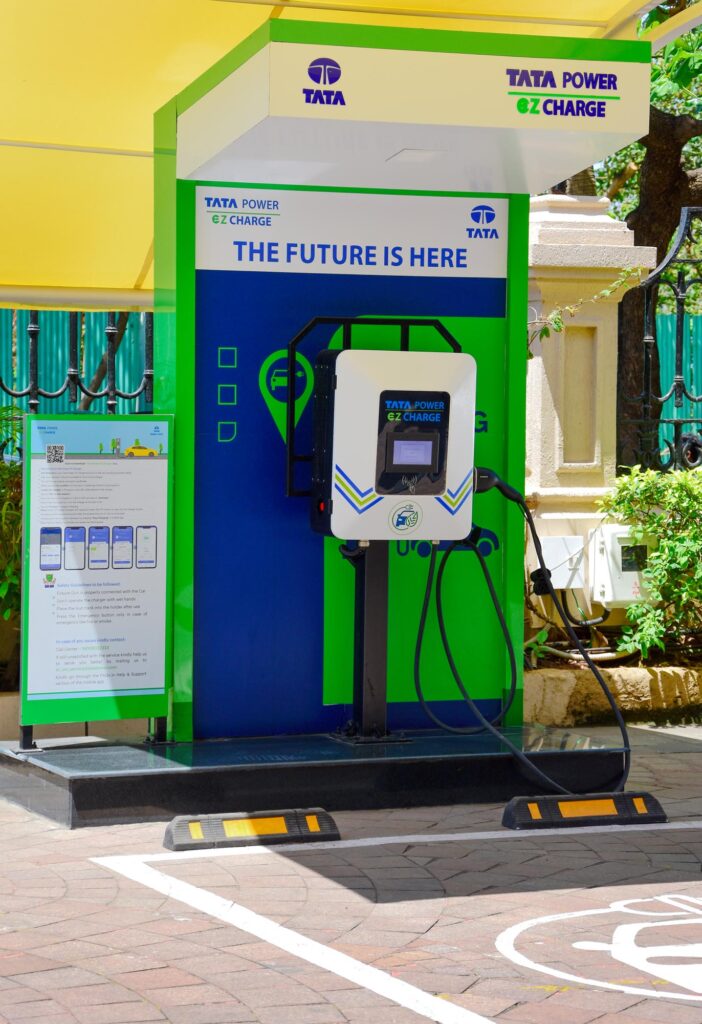
A new segment is emerging within the e-mobility landscape as Corporates increasingly adapt to sustainable transportation for employees to align with sustainable objectives. While this segment is still evolving, numerous companies have already commenced the electrification of their transportation fleets (both bus & cars), signaling a proactive commitment to sustainability. Similarly, the public transport segment is also evolving.
Despite the increasing rate of EV Adoption in India, Range Anxiety and Limited Charging Infrastructure remain two main barriers. How is Tata Power addressing these challenges? And how aware are the end-users of charging speeds and charger types in their vehicles?
The strategic approach employed by TPEVCSL to address range anxiety and limited charging infrastructure is multifaceted. The deployment of fast charging points along highways, commercial, hotels, and other industries not only symbolizes a tangible solution but also reflects a forward-thinking strategy in sync with evolving consumer needs. Tata Power has successfully been able to create a vast network of chargers on various highways (Including Kashmir to Kanyakumari), encouraging EV users to travel intercity by EVs.
TPEVCSL deploy chargers in line with car sales and anticipated sales projected depending on various factors. The chargers are strategically placed at high footfall locations and pit-stops on the highways. Furthermore, the introduction of the EZ Charge RFID card emerges as a customer-centric initiative, enhancing awareness and streamlining the charging experience. The Network Operation Centre (NOC) serves as a pivotal component, ensuring high operational availability and bolstering customer confidence, by mitigating concerns related to charging speeds and types.
Renewable Energy, Green Manufacturing, Sustainability, Carbon Neutrality… These terminologies have been the talk of the town in the recent past. How does Tata Power cater to them through EV charging?
In alignment with the burgeoning focus on renewable energy, green manufacturing, sustainability, and carbon neutrality, Tata Power Renewables takes substantial strides to embody these principles within its EV charging infrastructure. The company’s overarching goal is to eliminate 79,000+ tons of CO2 emissions, a testament to its commitment to environmental stewardship. This commitment is further exemplified by the proactive decision to power public chargers through green energy sources. The initiative to align with principles of carbon neutrality and sustainability signifies Tata Power’s proactive role in steering the EV charging landscape towards a more eco-friendly and sustainable future.
Forging and sustaining successful tie-ups/partnerships is no big joke. What is the secret behind Tata Power EV having multiple such collaborations with your esteemed partners in EV charging?
Tata Power’s success in forging and sustaining collaborations within the EV charging sector showcases our commitment to providing world-class charging experiences to our customers.
Tata Power has tied up with many big brands across industries. We have partnered with government agencies (Indian Army, Indian Navy, Indian Airforce, Coimbatore Municipal Corporation, Government of Assam, and others), reputed hotels (Taj, Oberoi, Ginger, Ama Stays & Trail, Trident), OEMs (Tata Motors, MG, Hyundai, Volvo, JLR, and others). In addition to numerous other brands, our collaboration with multiple operators has been facilitated by our extensive expertise in the electrical sector spanning over 100 years. Our profound understanding of charging industries enables us to grasp their specific requirements effectively and offer tailored solutions, thus solidifying our position as a trusted partner in the realm of e-mobility.
Any new initiatives and forays on the anvil from Tata Power EV? Where do you see growth coming from over the medium- to long-term?
Tata Power Renewables is committed to pioneering innovation and sustainability in the EV charging space. While specific initiatives and detailed growth projections are not outlined in the provided content, the company envisions continuous evolution. The company anticipates staying at the forefront of industry advancements by exploring emerging technologies, engaging in research and development, and fostering strategic partnerships. The focus remains on shaping a sustainable and customer-centric future within the dynamic landscape of e-mobility.


